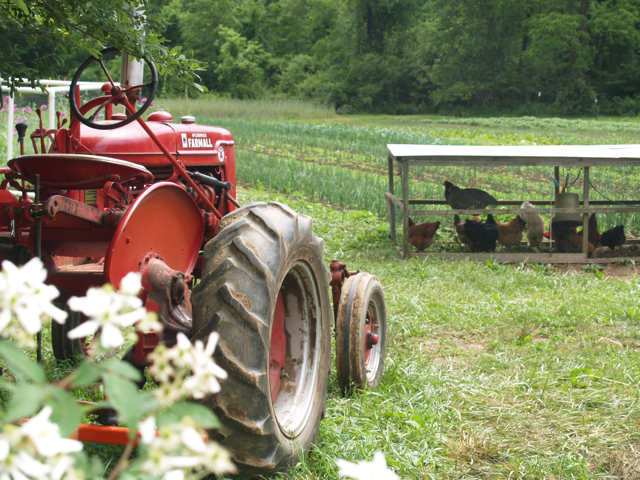The Appalachian Sustainable Agriculture Project is creating a Local Food Research Center dedicated to big ideas in the scaled-down world of local food.
The center will research and test ASAP’s theory of food-system change, a theory grounded in the conviction that local food has the power to contribute to the greater good. ASAP’s preaches a gospel that insists local food can strengthen local economies and farms, encourage sustainable agriculture and improve both individual and public health — all while keeping production in our own backyard.
And people are standing up and taking notice of the message.
Initial support for the center (to be located at existing ASAP headquarters) is being provided by donors, with support from the Southern division of SARE (Sustainable Agriculture Research and Education, a U.S. Department of Agriculture program) and the National Institute of Food and Agriculture’s Agriculture and Food Research Initiative.
And ASAP intends to turn those funds to good use, making sure that local food system development — both in this region and across the country — benefits from cutting edge and scholarly research. “ASAP has long been dedicated to research,” says Charlie Jackson, the executive director and one of the founding farmers of ASAP. “Our work has shown, and the research of our center will continue to reveal, the most beneficial and efficient ways to make food system changes that will be lasting and sustainable.”
ASAP won’t be going it alone. The group will work with various nonprofits and universities to further its research, most notably with UNCA and Clemson University. Projects will range from testing consumer messaging and communications to working with food-system “gatekeepers” to open up avenues for more local food.
Western North Carolina is fertile soil for this project. “The region is way ahead of the rest of the country in making this food-system transformation, and thus we truly have the conditions to study this theory, which hasn’t been researched in this manner before,” says Maggie Cramer, ASAP’s communications director. Our region, she notes, spent $62 million in local food sales in 2010, which far exceeds most of the rest of the country.
But the rest of the country — especially if ASAP has anything to do with it — can’t be far behind. “Local food is no longer a niche market,” says Jackson. “We are in a process of radically transforming our food system to one where local food is available to everyone, farming is sustainable and profitable, and our communities are healthier because they are connected to the farms that grow their food.”




I hope that there will be emphasis on growing organically without toxic chemicals or genetically modified crops.